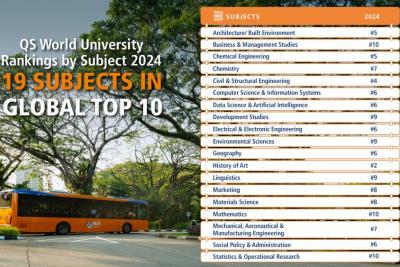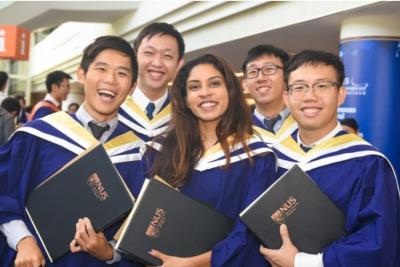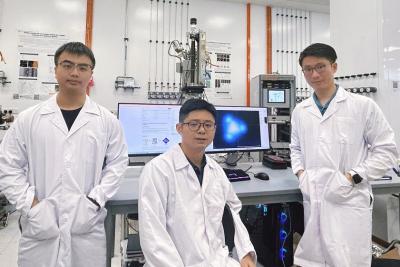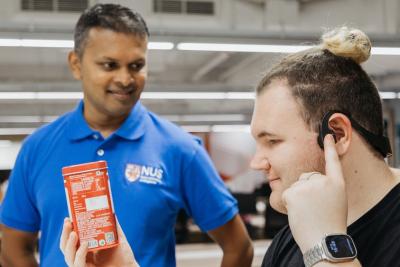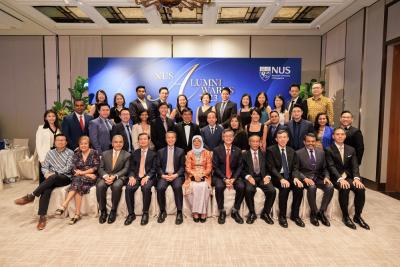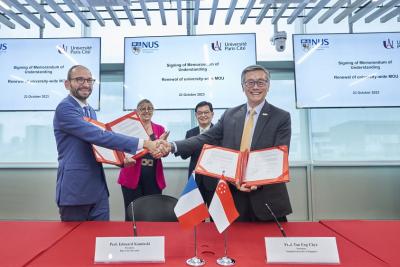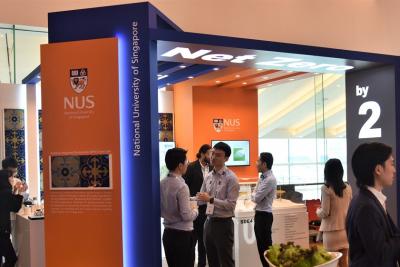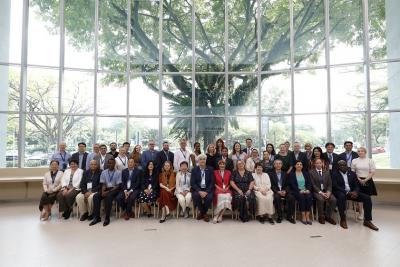Nhà nghiên cứu NUS phát triển cách dự báo khả năng trị ung thư mới
A specific combination of oncogenes found to support cancer growth and survival, resulting in unfavourable treatment outcome.
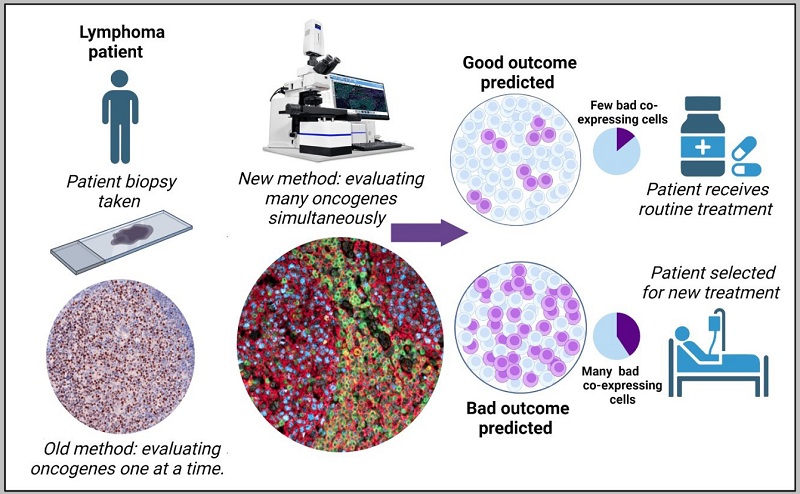
A team of researchers from the Cancer Science Institute of Singapore (CSI Singapore) at the National University of Singapore (NUS), led by Assistant Professor Anand Jeyasekharan, has discovered a unique combination of oncogenes that could predict treatment resistance, and hence unfavourable outcomes, of patients with Diffuse large B cell lymphoma (DLBCL), the most common type of blood cancer in Singapore and globally.
This unique oncogenic combination, serving as an indicator of treatment resistance, can be detected through state-of-the-art technology. The researchers, however, went a step further to develop a simple mathematical formula that can predict the fraction of cells with this unique unfavourable combination from information obtained through established diagnostic methods – paving the way for this oncogene indicator to be used in routine clinical practice.
See more: here





